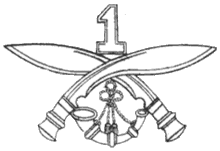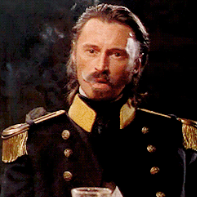-
Popular Topics
-
Topics
-
Recent Status Updates
-
Options
Options
-
Opening applications to join my golem army, accepting non-golems and golems alike.
https://forms.gle/rZNFhxNB15FJjvzw7
No Recent Status Updates -
Options












.thumb.png.13e2fcbfbd0db2c3870a351d5f0b6eaa.png)


Recommended Posts